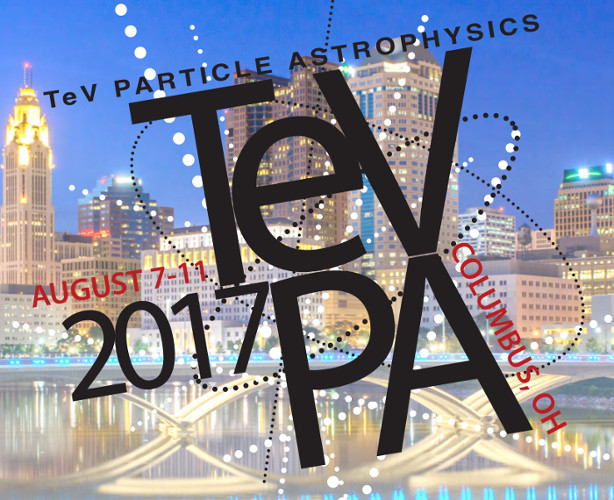Speaker
Description
I will describe a novel method to measure the absolute orientation of the polarization plane of the CMB with arcsecond accuracy, that will enable unprecedented measurements for cosmology and fundamental physics. Existing and planned CMB polarization instruments looking for primordial B-mode signals need an independent, experimental method for systematics control on the absolute polarization orientation. The lack of such a method limits the accuracy of the detection of inflationary gravitational waves, the constraining power on the neutrino sector through measurements of gravitational lensing of the CMB, the possibility of detecting Cosmic Birefringence, and the ability to measure primordial magnetic fields. Sky signals used for calibration and direct measurements of the detector orientation cannot provide an accuracy better than 1 deg. Self-calibration methods provide better accuracy, but may be affected by foreground signals and rely heavily on model assumptions. The POLarization Orientation CALibrator for Cosmology, POLOCALC, will dramatically improve instrumental accuracy by means of an artificial calibration source flying on balloons and aerial drones. A balloon-borne calibrator will provide far-field source for larger telescopes, while a drone will be used for tests and smaller polarimeters. POLOCALC will also allow a unique method to measure the telescopes' polarized beam. It will use microwave emitters between 40 and 150 GHz coupled to precise polarizing filters. The orientation of the source polarization plane will be registered to sky coordinates by star cameras and gyroscopes with arcsecond accuracy. Any CMB experiment observing our calibrator will enable measurements of the polarization angle in absolute sky coordinates.
